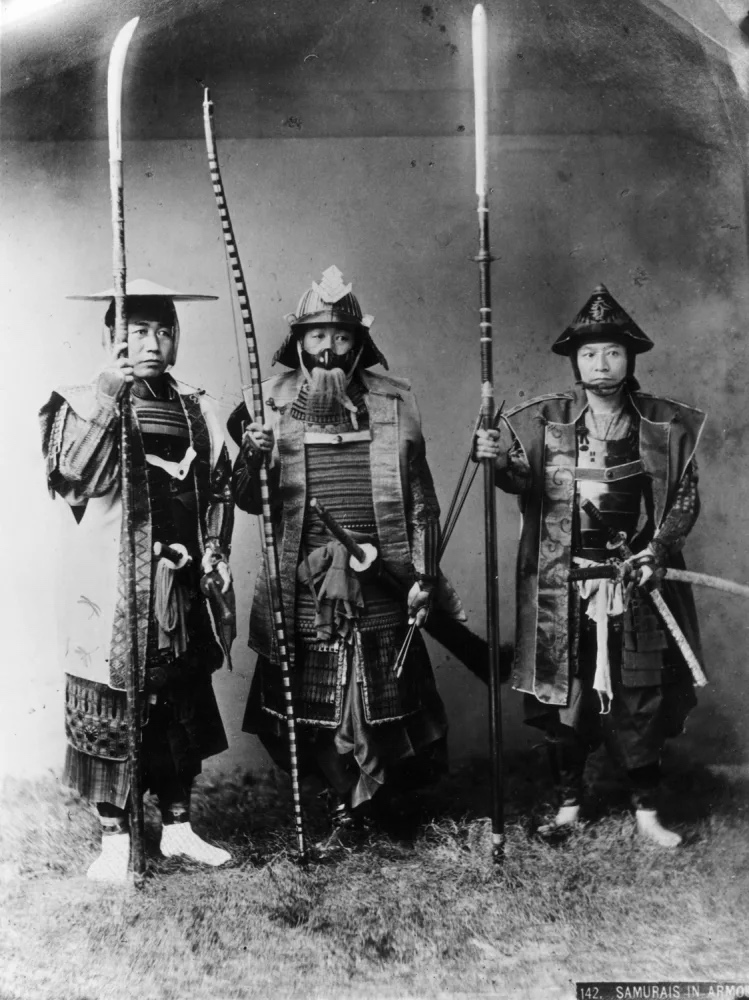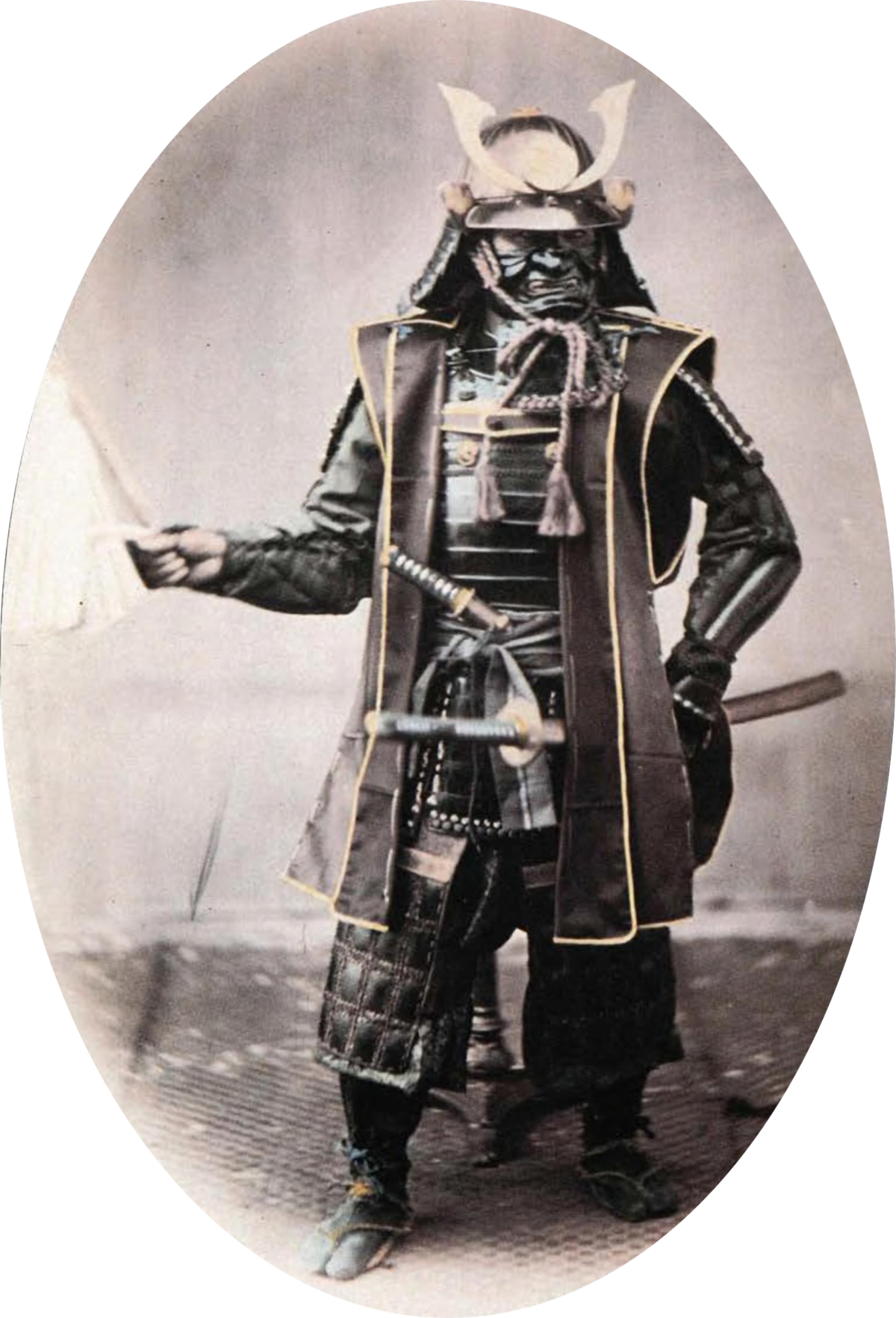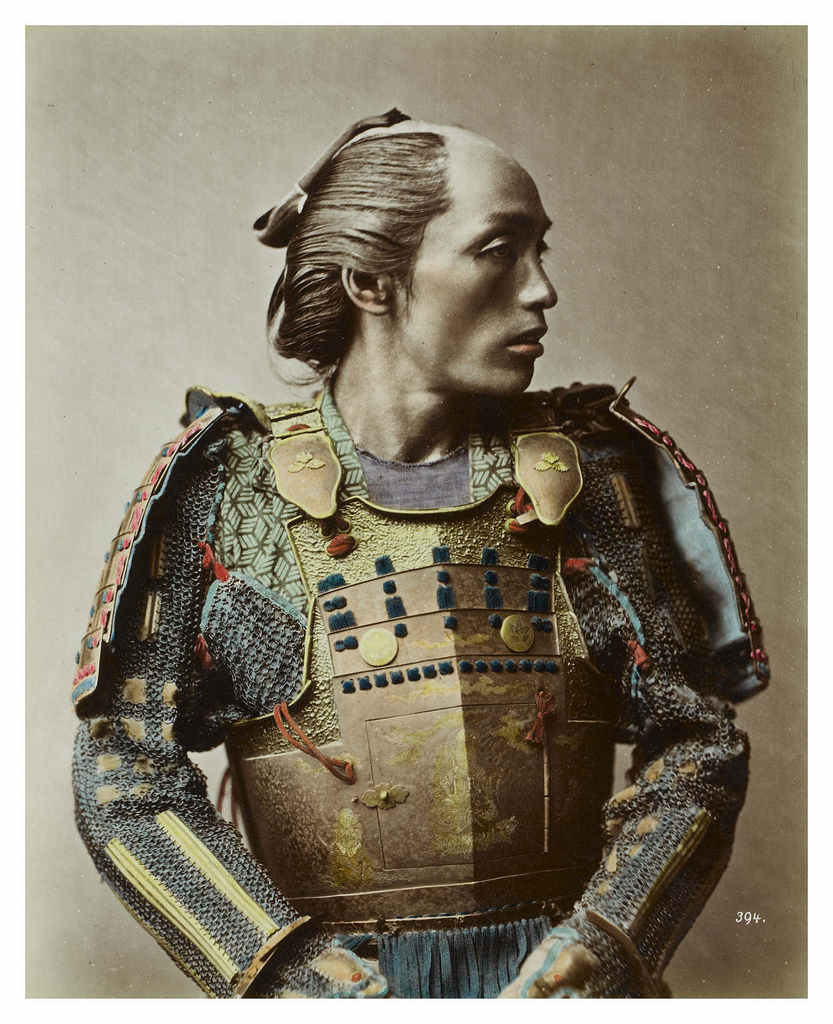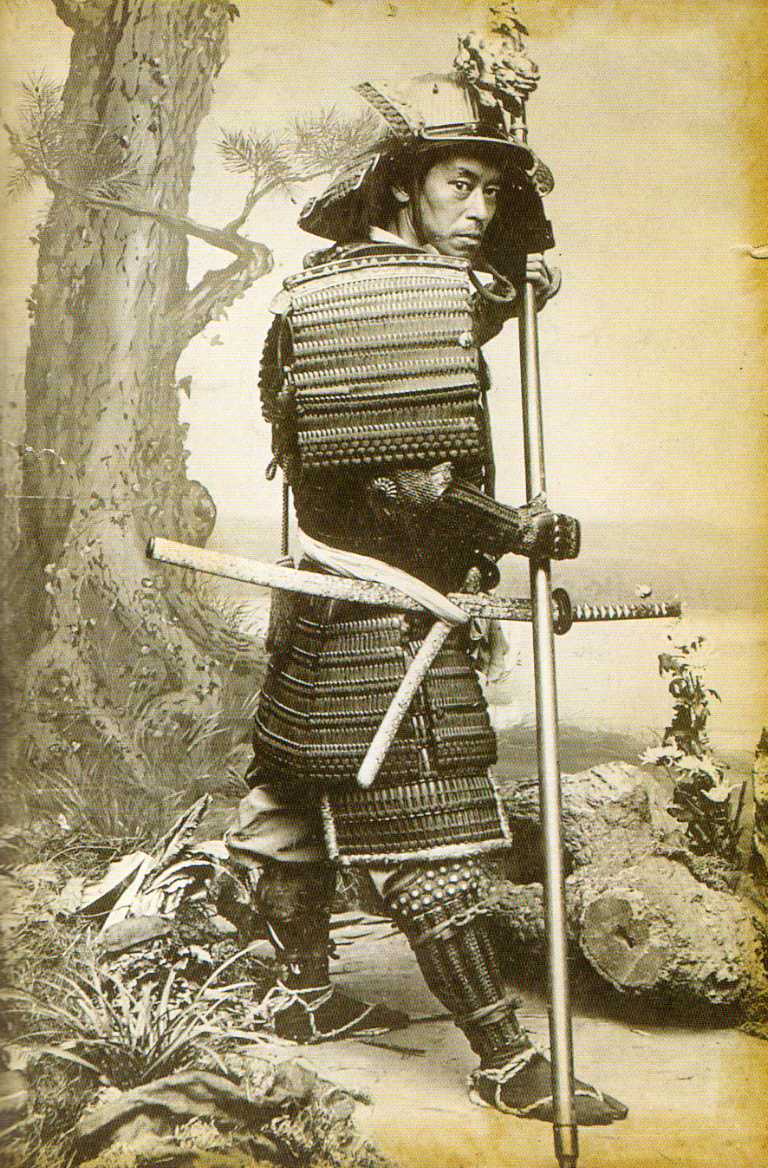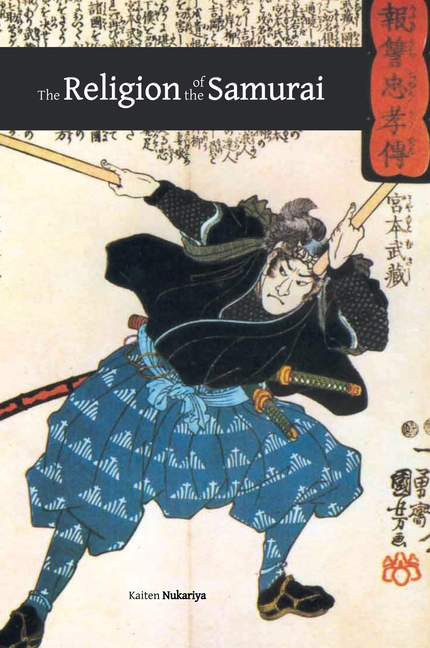“Zen is completely free from the fetters of old dogmas, dead creeds, and conventions of stereotyped past, that check the development of a religious faith and prevent the discovery of a new truth. Zen needs no Inquisition. It never compelled nor will compel the compromise of a Galileo or a Descartes. No excommunication of a Spinoza or the burning of a Bruno is possible for Zen.” ― Kaiten Nukariya, The Religion of the Samurai
“It is the divine light, the inner heaven, the key to all moral treasures, the centre of thought and consciousness, the source of all influence and power, the seat of kindness, justice, sympathy, impartial love, humanity, and mercy, the measure of all things.” ― Kaiten Nukariya, The Religion of the Samurai
“Let Go of your Idle Thoughts. A famous Zenist, Mu-go-koku-shi, is said to have replied to every questioner, saying: “Let go of your idle thoughts.” A Brahmin, having troubled himself a long while with reference to the problem of life and of the world, went out to call on Shakya Muni that he might be instructed by the Master. He got some beautiful flowers to offer them as a present to the Muni, and proceeded to the place where He was addressing his disciples and believers. No sooner had he come in sight of the Master than he read in his mien the struggles going on within him. “Let go of that,” said the Muni to the Brahmin, who was going to offer the flowers in both his hands. He dropped on the ground the flowers in his right hand, but still holding those in his left. “Let go of that,” demanded the Master, and the Brahmin dropped the flowers in his left hand rather reluctantly. “Let go of that, I say,” the Muni commanded again; but the Brahmin, having nothing to let go of, asked: “What shall I let go of, Reverend Sir? I have nothing in my hands, you know.” “Let go of that, you have neither in your right nor in your left band, but in the middle.” Upon these words of the Muni a light came into the sufferer’s mind, and he went home satisfied and in joy. “Not to attach to all things is Dhyana,” writes an ancient Zenist, “and if you understand this, going out, staying in, sitting, and lying are in Dhyana.” Therefore allow not your mind to be a receptacle for the dust of society, or the ashes of life, or rags and waste paper of the world. You bear too much burden upon your shoulders with which you have nothing to do. ” ― Kaiten Nukariya, The Religion of the Samurai
“No action, whether foul or fair, Is ever done, but it leaves somewhere A record-as a blessing or a curse.” ― Kaiten Nukariya, The Religion of the Samurai
“the golden age is not passed. It is yet to come. There are not a few who think that the world is in completion, and the Creator has finished His work. We witness, however, that He is still working and working, for actually we hear His hammer-strokes resounding through heaven above and earth beneath. Does He not show us new materials for His building? Does He not give new forms to His design? Does He not surprise us with novelties, extraordinaries, and mysteries? In a word, the world is in progress, not in retrogression.” ― Kaiten Nukariya, The Religion of the Samurai
“We should always bear in mind that the world is alive, and changing, and moving. It goes on to disclose a new phase, or to add a new truth.” ― Kaiten Nukariya, The Religion of the Samurai
“Confucius, Lao Tsz, and Shakya, however, were all the wisest of sages. Each of them gave his teachings in a way different from the other two, that they might meet the spiritual needs of his time and fit to the capacities of men. (So that) the Buddhist and the outside doctrines, each supplementing the other, have done good to the multitude. They were all (intended) to encourage thousands of virtuous acts by explaining the whole chain of causality. They were (also intended) to investigate thousands of things, and throw light on the beginning and on the end of their evolution. Although all these doctrines (might) answer the purpose of the sages, yet there must be some teachings that would be temporary, while others would be eternal. The first two faiths are merely temporary, while Buddhism includes both the temporary and the eternal. We may act according to the precepts of these three faiths, which aim at the peace and welfare (of man), in so far as they encourage thousands of virtuous acts by giving warning against evil and recommending good. (But) Buddhism (alone) is altogether perfect and best of all, in investigating thousands of things and in tracing them back to their first cause, in order to acquire thorough understanding of the natures of things and to attain to the ultimate truth. ” ― Kaiten Nukariya, The Religion of the Samurai




